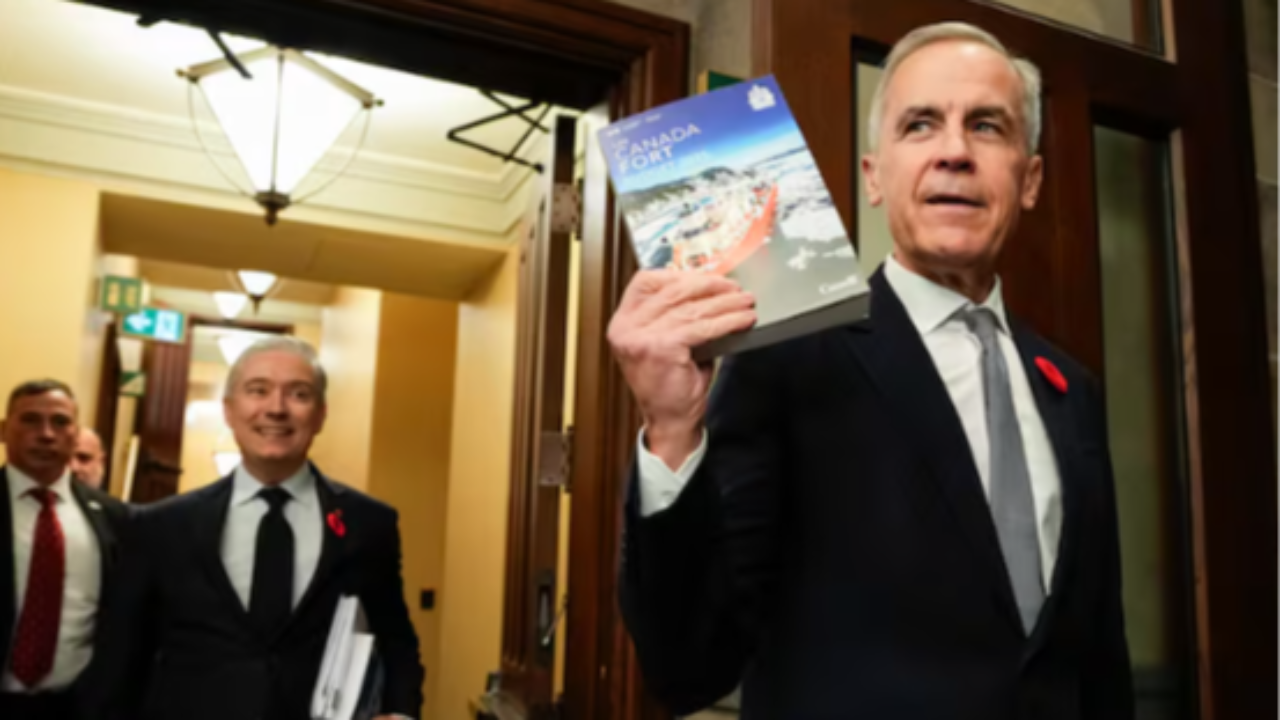What the $78 Billion Federal Deficit Means for Your Money
Nov 06, 2025
This week’s federal budget dropped with big numbers, big promises, and a big question mark about who’s going to pay for it all.
Let’s unpack what it really means for everyday Canadians — beyond the headlines.
The headline numbers
Ottawa plans to spend roughly $280 billion over five years, with a focus on infrastructure, housing, and productivity initiatives. The projected deficit for 2025–26 is $78 billion.
On paper, this is about “investing in Canada’s future.” In reality, it’s another year of spending far more than we earn — and that has real consequences for our wallets.
What this means for you
-
Inflation isn’t going away.
When governments inject massive amounts of money into the economy, it increases demand and keeps prices high. Expect inflation to stay “sticky” — likely around 3 percent or higher for the foreseeable future. -
Rate cuts may come — but at a cost.
Economists expect the Bank of Canada will feel pressure to cut rates later this year to offset slower growth. That might bring temporary relief to borrowers, but lower rates can also reignite inflation. -
Debt always comes due.
The $78 billion deficit isn’t Monopoly money. It must be financed through higher taxes, reduced services, or more borrowing — all of which weigh on future generations. As I often tell clients: when you go into debt, you’re paying for your past with your future. -
Asset holders win. Non-holders lose.
This is the part few people like to talk about. Inflation actually rewards people who own assets. When prices rise, so do the values of stocks, real estate, gold, and Bitcoin.
Those without assets — who rely only on a paycheque and cash savings — lose purchasing power every single month.
That’s why I always say: if you want to protect yourself from inflation, you have to own something that grows faster than it.
What you can do right now
-
Review your spending and assume a 3 percent inflation baseline.
-
Revisit your investment strategy. Diversify globally. Add inflation-hedged assets. Don’t hide in cash.
-
Plan ahead for taxes. Deficits today often mean higher taxes tomorrow.
This budget was designed to stimulate the economy — but it’s also a reminder that we can’t spend our way to prosperity.
If you’d like to understand what this means for your portfolio or your financial plan, let’s talk. This is the time to be intentional with how you invest, save, and protect your future.

